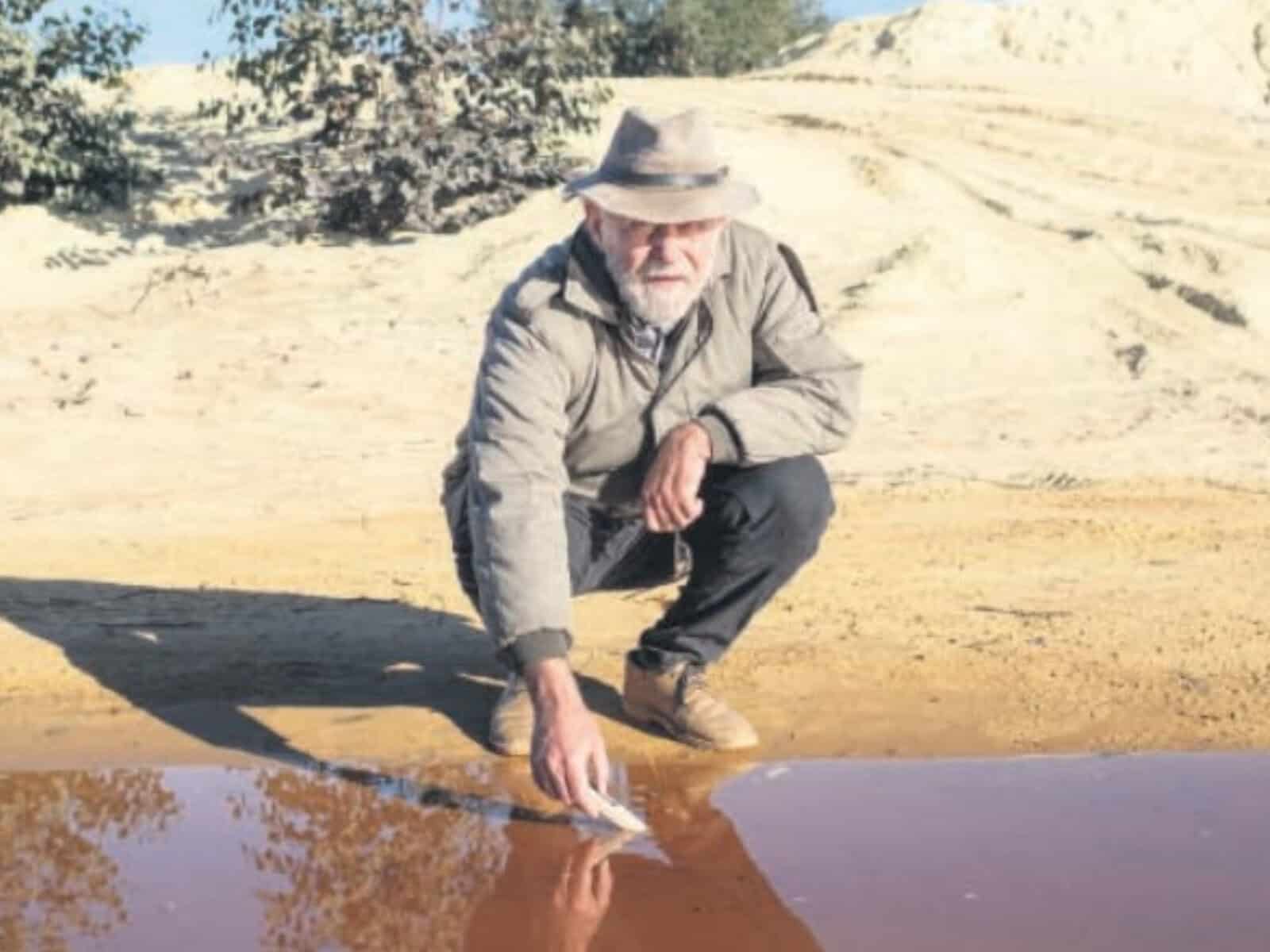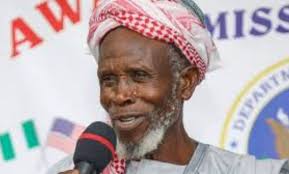
About 20 years ago, David van Wyk left his wellpaying government job to join a non-profit organisation specialising in protecting the rights of mining-affected communities – and his struggle continues…
Van Wyk is a lead researcher at the Bench Marks Foundation, where he has been instrumental in shaping the research agenda.
He leads a team dedicated to investigating and promoting ethical investment and corporate social responsibility in the mining industry.
“My responsibilities include conceptualising, designing and executing long-term research projects that address complex issues facing mining-affected communities.”
Under his leadership, the foundation has produced a series of Policy Gap Reports over 12 years, offering in-depth analysis on the social, economic, health and environmental consequences of mining operations.
“The reports have become authoritative references for policymakers, activists and academics seeking to address the impacts of extractive industries in South Africa.
My expertise bridges the interconnected worlds of ethical investment, corporate social responsibility, education and the mining sector’s social, economic and environmental impacts across Southern Africa,” he explians.
Social justice core
So what motivated Van Wyk to leave the lavish life and take a job that sees him moving around the previously disadvantaged communities, who are surrounded by mining operations that are making billions by exporting the minerals?
“As a white, born and raised during the apartheid era, my family and I benefited a lot from the mining firms that flocked to the country.
“My father was an engineer for Anglo American and the company gave him a house, paying for his children’s education.
“Everything in our schools was paid for by the mining sector. Our parents were only buying school uniforms, while at the time, black employees did not get those benefits.
“They were underpaid and had to pay for everything in their schools with their low salaries,” Van Wyk said.
“Growing up, I started to have a problem with the exclusion of black people in the mining economy. I realised something needed to be done – and that’s when I became involved in politics.
I became an activist representing the mining sector’s host communities. We have won several court cases against the firms that wanted to mine in areas where they weren’t supposed to and we also helped many communities to fight against the firms abusing their rights.”
Public service in SA
Van Wyk said the foundation trains young people how to monitor the mines operating in their area.
From 1994 until 2004, Van Wyk occupied different positions as an employee at the North West provincial government. He was a senior employee there by the time he joined the foundation.
His decade of public service in the province demonstrated his versatility and leadership in diverse roles.
“As personal advisor to the MEC for education, arts and culture, I provided strategic guidance on education policy and programme development. Transitioning to director and spokesperson for the premier, I managed stakeholder communications and played a critical role in public relations during a transformative era in South African governance.
“As director of the executive council support and policy development, I was at the heart of policy formulation, executing the vision of the provincial council and facilitating interdepartmental collaboration.
I oversaw projects aimed at economic revitalisation and sustainable development, further cementing my interest in linking economic growth to social outcomes,” he said.
Life in exile
In 1983, Van Wyk was forced to go into exile in Zimbabwe because of his involvement as an active member of the South African Community Party.
His academic journey was shaped by his years in Harare, where, as a registered UN refugee, he made significant contributions to the educational development of young people.
He was a teacher at Seke 1 High School in Chitungwiza and later became head of the department of economics and commerce at Girls High School in Harare, where he led curriculum innovation, mentored teachers and championed the inclusion of critical social science perspectives.
He was born in Welkom in the Free State, but grew up in different provinces because his father’s job required them to travel in and outside South Africa.
His work as an academic includes co-authoring and contributing to a diverse array of policy papers, case studies and journal articles, many of which interrogate the intersection of corporate power and community well-being.
Van Wyk’s research has directly informed advocacy campaigns, community empowerment initiatives and legislative debates. As a mentor and teacher, he champions research that bridges theory in pursuit of a more equitable and sustainable future for southern Africa.
NOW READ: Post-mining strategy seen as key to economic revival



